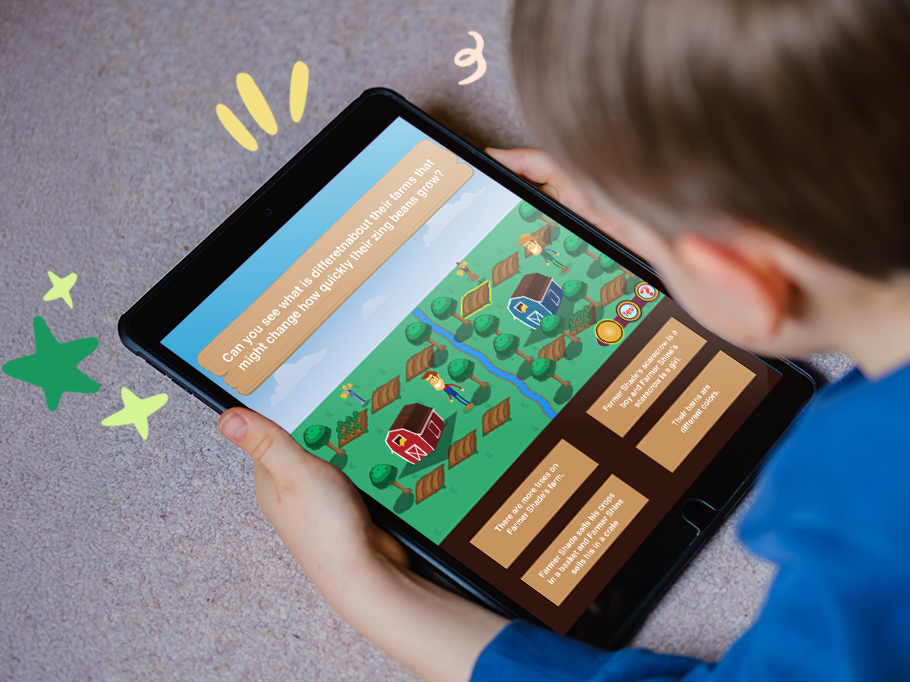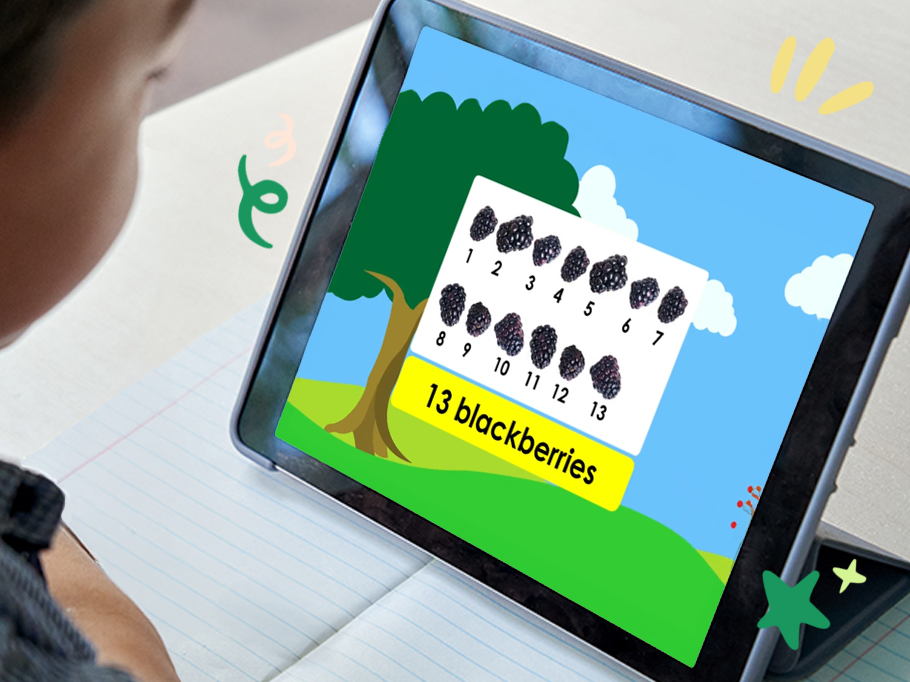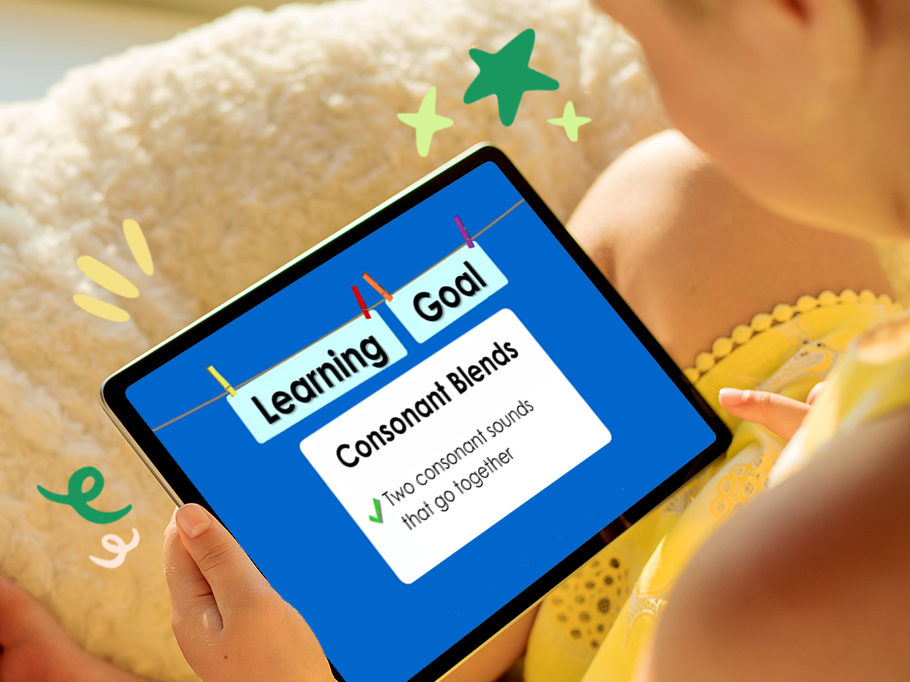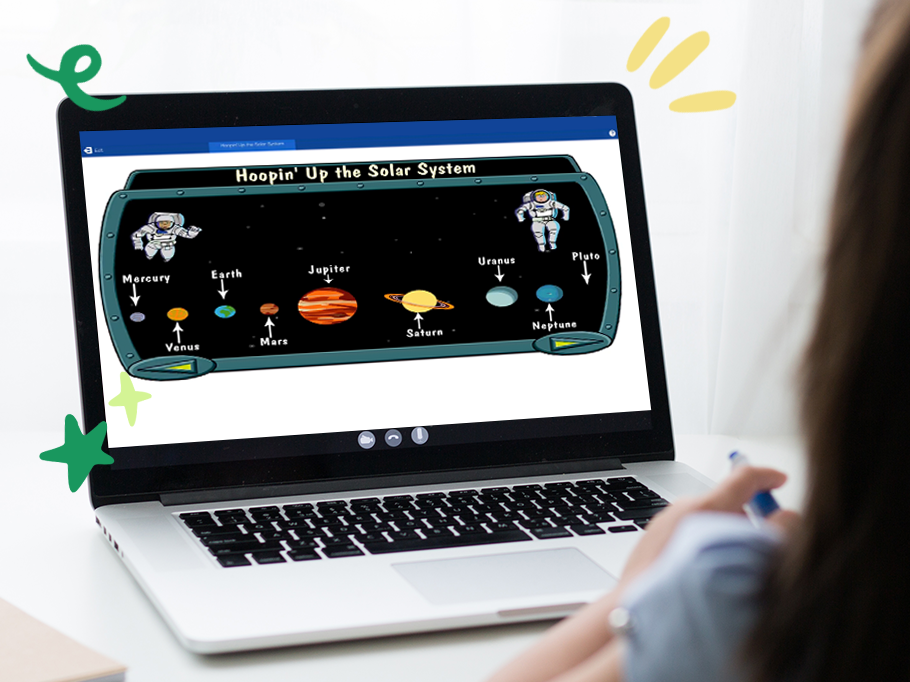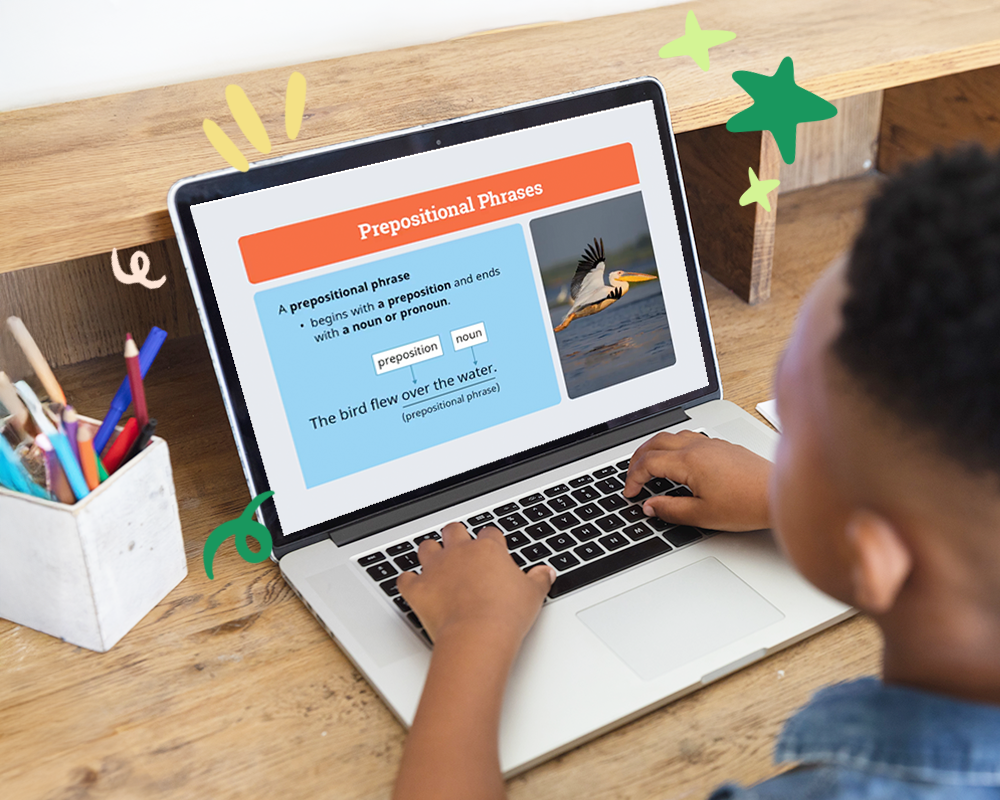
North Carolina standardized test prep
North Carolina uses a variety of tests and assessments to measure how well students are understanding and applying what they are learning in school. North Carolina state testing is aligned to the objectives found in the state-adopted content standards. Results of the tests help teachers, administrators, and parents decide whether students need additional support or enrichment.
Which State Tests Are Available in North Carolina?
In North Carolina, there are several state assessments used to measure student progress across various grade levels. These assessments are aligned with the North Carolina Standard Course of Study and are designed to evaluate student proficiency in key subject areas. Here are the main state tests available:
-
North Carolina End-of-Grade (EOG) Tests
- Grades 3-8 (ELA, Math, and Science): The EOG tests are administered annually to students in grades 3-8. They assess proficiency in English Language Arts (ELA) and Mathematics for students in grades 3-8, and Science for students in grades 5 and 8. These tests are typically given in the spring (April-May).
-
North Carolina End-of-Course (EOC) Tests
-
High School (Algebra I, Biology, and English II): The EOC tests are given to high school students at the end of certain courses to assess their proficiency in those subjects. The key subjects tested are:
- Algebra I (typically in high school)
- Biology (typically in high school)
- English II (typically in high school)
- These tests are usually administered in the spring.
-
High School (Algebra I, Biology, and English II): The EOC tests are given to high school students at the end of certain courses to assess their proficiency in those subjects. The key subjects tested are:
-
ACCESS for ELLs
- This test assesses the English language proficiency of students who are English Language Learners (ELLs). It is administered annually to students in grades K-12 and is typically given between January and March.
-
North Carolina Alternate Assessment (NCAA)
- The NCAA is an alternate assessment for students with significant cognitive disabilities who cannot participate in the general state assessments. It is used to assess ELA, Math, and Science for students in grades 3-8 and high school, and is generally administered in spring.
-
North Carolina Pre-K and Kindergarten Assessments
- North Carolina also uses assessments for students in Pre-K and Kindergarten, such as the Brigance Kindergarten Screen and other readiness assessments, to track early learning progress. These assessments may be administered throughout the year.
-
PSAT and SAT
- Grade 10 (PSAT): The PSAT is administered to all 10th-grade students in North Carolina as part of the state’s effort to help students prepare for the SAT. It is usually given in fall.
- Grade 11 (SAT): The SAT is administered to all 11th-grade students as part of the state’s testing program. It typically takes place in spring.
These tests help ensure that students in North Carolina are meeting state standards and are prepared for college and career readiness.
Do Homeschoolers Have To Take Standardized Tests in North Carolina?
Although homeschoolers are not eligible to participate in scheduled assessments through the public school system, they are required to take a nationally normed standardized test each school year. Homeschool laws in North Carolina require that each homeschooled student be tested annually in reading, spelling, grammar, and math and that parents keep those scores on record.
Many private standardized testing companies offer testing services to homeschoolers. If you keep a homeschool portfolio, you can simply file your child’s score each year in order to track their learning progress and help you discover potential gaps in their education.
How Time4Learning Can Help With North Carolina Test Prep
Time4Learning is an online learning program that teaches many of the skills that are measured on standardized tests. Families can look to Time4Learning as one of the primary tools in their North Carolina test prep toolbox. One of the most frequently asked questions Time4Learning members ask is “How can I help my child succeed on standardized tests?”
Below is a list of ways that our online home education program partners with parents and students toward this goal.
- Subscribers have access to an entire year’s worth of grade-level curriculum that students can access 24/7 from the comfort of home or anywhere with an internet connection.
- Students in grades 3-8 have access to practice assessments that will help them prepare for the North Carolina standardized tests and reduce test anxiety.
- By using Time4Learning as a summer learning tool, rising third graders can take advantage of our standards-based reading program to prepare for the BOG Reading Test.
- Time4MathFacts teaches crucial math facts in addition, subtraction, multiplication, and division through gamified lessons as part of the Time4Learning membership. This piece of our main curriculum assists students in preparing for EOG testing in mathematics.
- Our middle school curriculum includes over 4,000 activities designed to instill skill mastery in language arts, math, science, and social studies. Animated lessons, instructional videos, worksheets, quizzes, tests, and both online and offline projects give students a wide variety of ways to prepare for North Carolina final exams.
- Time4Learning’s high school curriculum correlates to state standards and is designed to help students achieve college and career readiness. When preparing for EOC tests in math, biology, and English, having a self-paced program that reinforces core concepts can be an incredible boost for testing confidence.
- Time4Learning members are able to work at their own pace and repeat any lesson as many times as they feel is necessary–helping ELL students to thoroughly understand and master a subject before moving on.
Through preparation and practice, your child can achieve successful results when taking standardized tests in North Carolina. In addition, skill-building programs like Time4Learning can prepare your child and build their confidence before they walk in the door.
Legal note
We have done our best to ensure the accuracy of this information, however it should not be interpreted as legal advice. It is your responsibility to interpret and understand the laws that you will be homeschooling under.


